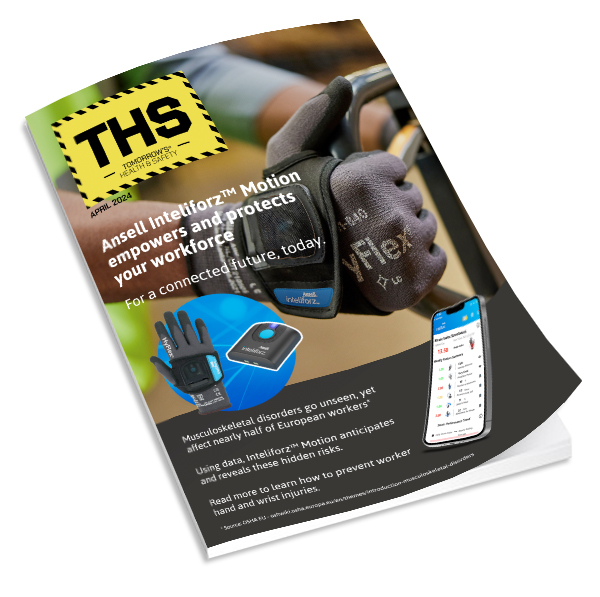On 1st June 2017, the Sentencing Council introduced new guidelines for use in courts in England and Wales, which will apply to health & safety related cases.
This is potentially good news for individuals and companies who find themselves subject to enforcement by the Health & Safety Executive (HSE).
The new guidelines set out the principles that should be applied to reduce a sentence in the event of a guilty plea.
The Health and Safety Lawyers’ Association (HSLA) previously lobbied for this because:
• defendants in health & safety cases often need to obtain expert evidence and legal advice before realistically being able to enter a plea. A number of offences under the Health and Safety at Work Act 1974, provide a defendant with a reverse burden to assert that they did all that was reasonably practicable in the circumstances. To be able to demonstrate this takes time and investigation.
• the February 2016 sentencing guidelines introduced new considerations in sentencing health & safety cases including points such as culpability, risk of harm, turnover and likely range of fine that require special consideration by defendants and their lawyers before any plea can be properly entered. Again, these take time to consider; particularly when the defendant is a corporate rather than an individual.
The latest sentencing guidelines now provide that:
• Where a guilty plea is indicated at the first stage of proceedings a reduction of one-third should be made (subject to the exceptions in section F).
The exception that will be most useful in health & safety cases will be:
• Where the court is satisfied that there were particular circumstances that impacted the defendant’s ability to understand what was alleged or otherwise made it unreasonable to expect the defendant to indicate a guilty plea sooner than was done, a reduction of one-third should still be made. (In considering whether this exception applies, sentencers will distinguish between cases in which it is necessary to receive advice and/or have sight of evidence in order to understand whether the defendant is in fact and law guilty of the offence(s) charged, and cases in which a defendant merely delays guilty plea(s) in order to assess the strength of the prosecution evidence and the prospects of conviction or acquittal.)
Enforcement action is always daunting for the directors and senior managers of a company accused of a health & safety offence. However, defendants should take some comfort from the fact that the Sentencing Council has reworked its guidelines to ensure that the considerations relevant to health and safety cases and corporate defendants are accommodated. The revisions mean that, where companies are advised it is appropriate to do so, entering a guilty plea at the right time will ensure that a one-third reduction in sentence is achieved.
The author is Melinka Berridge, partner at law firm Kingsley Napley LLP specialising in health & safety related cases
www.kingsleynapley.co.uk
You are here
- Home
- >
- New sentencing guidelines mean reduced sentences
New sentencing guidelines mean reduced sentences

Published on 08/06/2017
Categories
- CHAS AT SAFETY & HEALTH EXPO 2022
- Agriculture
- Asbestos
- Cleaning
- Compliance & Risk Assessment
- Conferences
- Construction
- Courts
- Culture & Behaviour
- Ear Protection
- Education
- Emergency Evacuations
- Events
- Eye Protection
- Feature
- Fire & Electrical Safety
- Floor Safety
- Gas Detection & Monitoring
- Hand/Arm Vibration
- Hazardous Substances
- Health & Safety News
- Health and Safety Executive
- Hospitals & Healthcare
- Human Factors & Ergonomics
- Hygiene
- In the Courts
- Legislation
- Lone Worker Protection
- Mental Health
- Noise Monitoring
- PPE
- Plant Machinery & Site Safety
- Products & Services
- Prosecutions
- Protective Clothing
- Protective Workwear
- Reports
- Respiratory
- Slips, Trips & Falls
- Standards
- Stress
- Technology
- Training & Development
- Transport & Logistics
- Webinars
- Wellbeing
- Whitepapers
- Work-related Diseases
- Working at height


















